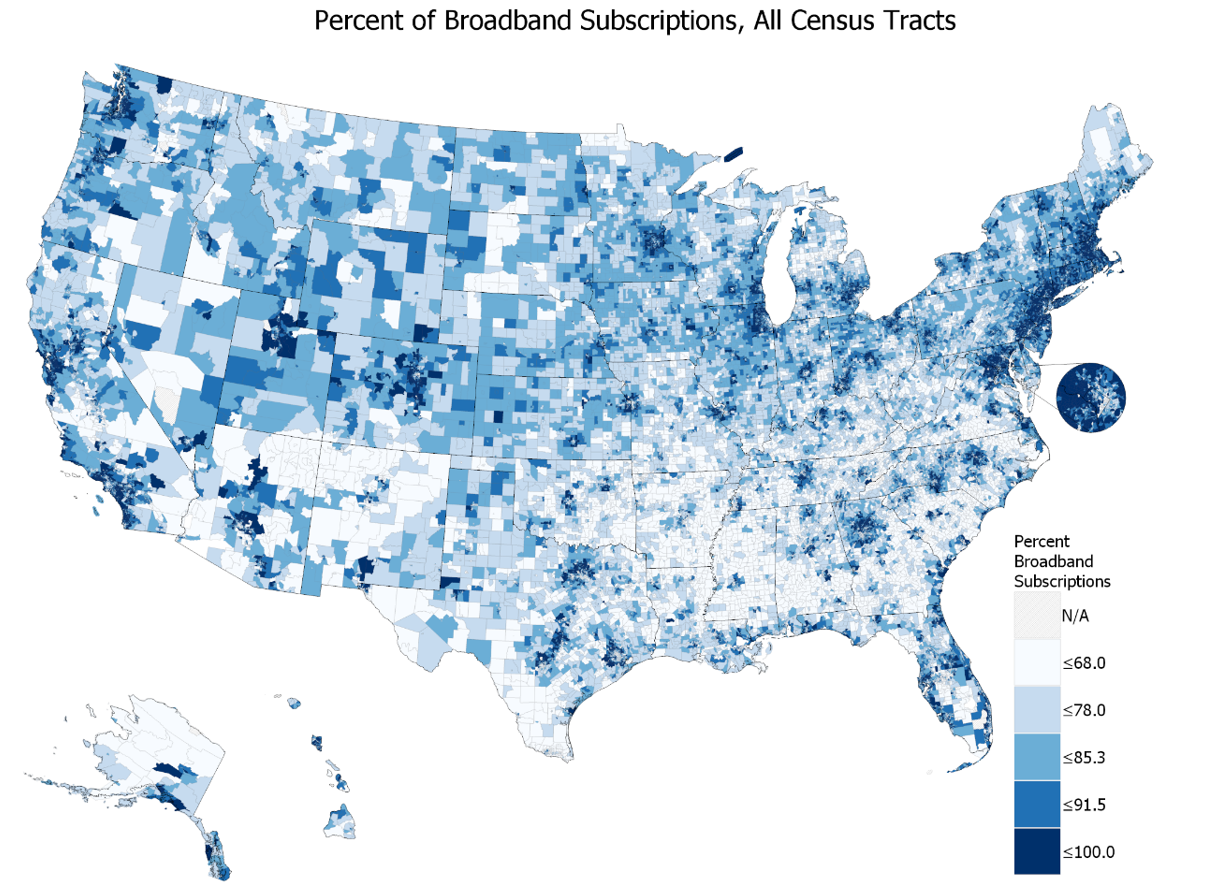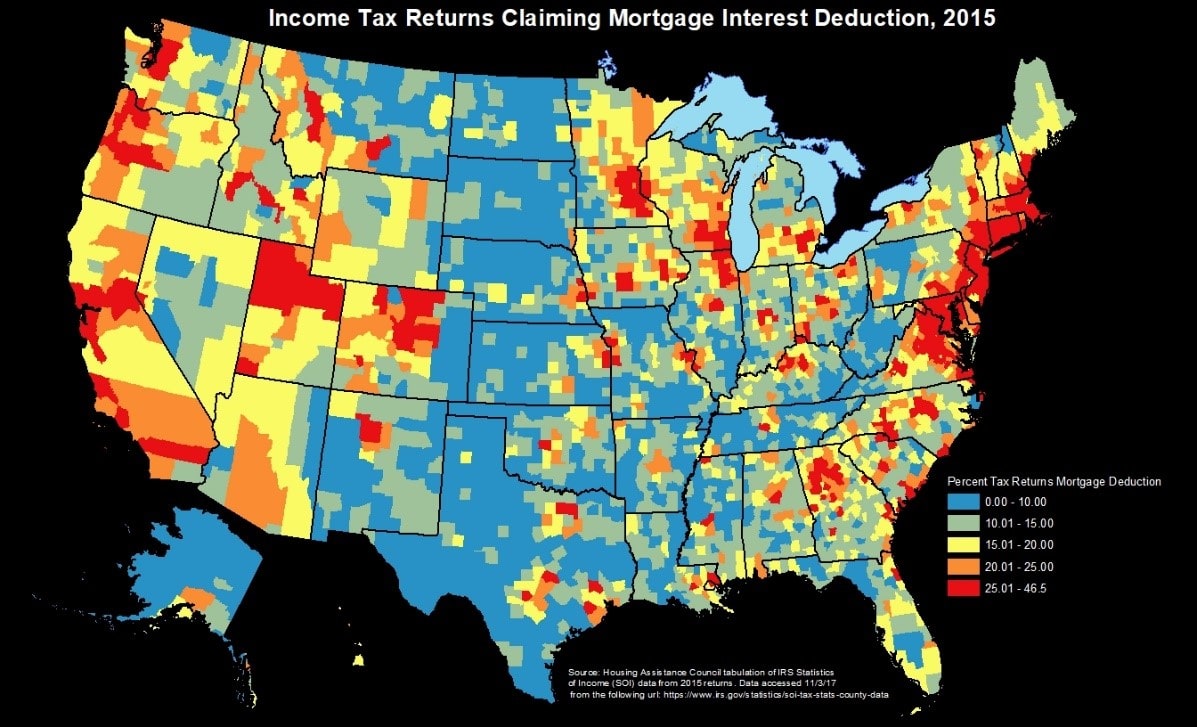HAC News: August 12, 2019
News Formats. pdf
August 12, 2019
Vol. 48, No. 16
Spending deal signed into law. •Choice Neighborhoods Implementation grants offered • HUD proposes to make disparate impact discrimination claims more difficult •Baxley departs USDA, Allen retires • Home Depot Foundation and HAC support rural veterans and local nonprofits • HAC examines the definition of colonias • Prior approval was needed to move ERS and NIFA, says USDA Inspector General • HUD to appoint monitor to oversee Puerto Rico disaster funds • RuralSTAT • Exchange Programs Bring Urban and Rural America Together • Mortgage Experiences of Rural Borrowers in the United States: Insights from the National Survey of Mortgage Originations • Where Blue-Collar America is Strongest • Need capital for your affordable housing project?
HAC News Formats. pdf
August 12, 2019
Vol. 48, No. 16
Spending deal signed into law.
On August 2 President Trump signed H.R. 3877, the Bipartisan Budget Act of 2019, passed by the House on July 25 and the Senate on August 1. The measure raises the 2011 Budget Control Act’s spending caps for FY20 and 21, though the total for non-defense discretionary programs (which includes housing) is lower than the total approved by the House for FY20. The Senate will begin marking up its FY20 appropriations bills when it reconvenes after Labor Day.
Choice Neighborhoods Implementation grants offered.
Apply by November 4 for grants to revitalize severely distressed public and/or HUD-assisted housing properties. Eligible applicants are local governments or tribes and PHAs, nonprofits or for-profits that own HUD-assisted housing and apply jointly with local governments or tribes, whether they have received previous Choice Neighborhoods Implementation Grants or not. For more information, contact HUD staff.
HUD proposes to make disparate impact discrimination claims more difficult.
Politico obtained and published a proposal HUD has developed to change a 2013 regulation governing fair housing discrimination claims that are based on discriminatory impact without proof of discriminatory intent. The new provisions would require the charging party to prove several new aspects of a claim. The proposal is currently under review at OMB and is not officially available. When it is published in the Federal Register a 60-day comment period will begin.
Baxley departs USDA, Allen retires.
- Joel Baxley, who was RHS Administrator and then Acting Assistant to the Secretary for Rural Development, has left USDA. It is not clear whether USDA Secretary Sonny Perdue will name another Acting Assistant or an Under Secretary for RD. Perdue eliminated the Under Secretary position, but the 2018 Farm Bill required it be reinstated. In February, when USDA announced Baxley’s move to the Acting Assistant position, it said Perdue and the White House were working to identify an Under Secretary candidate.
- Joyce Allen, RHS’s Deputy Administrator for Multi-Family Housing, retired at the end of June. Nancie-Ann Bodell is serving as Acting Deputy Administrator.
Home Depot Foundation and HAC support rural veterans and local nonprofits.
The Home Depot Foundation, working with HAC, has awarded a total of $300,000 to ten local nonprofits around the country to build or preserve housing for veterans in rural America. HAC CEO David Lipsetz said, “Together we build the capacity of local organizations to assist more veterans across rural America. The enduring service and sacrifice of our nation’s service women and men earns them the right to be called heroes and to have a safe and decent place to call home.”
HAC examines the definition of colonias.
In a two-part webinar series produced in partnership with Fannie Mae, HAC provided an overview of its research and analysis on defining colonias communities in New Mexico and Arizona. Both the New Mexico and Arizona webinars are now available on HAC’s YouTube channel.
Prior approval was needed to move ERS and NIFA, says USDA Inspector General.
USDA’s Inspector General conducted a review and concluded that USDA has the legal authority to relocate the Economic Research Service and the National Institute of Food and Agriculture, but congressional approval was required for USDA to expend funds for the relocation. USDA’s Office of General Counsel disagrees, arguing that the law requiring approval is unconstitutional, and says the department will not request congressional consent. Reps. Steny Hoyer (D-MD) and Eleanor Holmes Norton (D-DC), who requested the IG investigation, issued a statement saying USDA must wait for approval.
HUD to appoint monitor to oversee Puerto Rico disaster funds.
HUD announced on August 2 it plans to appoint a Federal Financial Monitor to oversee the disbursement of disaster recovery funds to Puerto Rico, citing the territorial government’s “alleged corruption, fiscal irregularities and mismanagement.” Disaster funds for states impacted by recent storms will be released before funds for Puerto Rico and the U.S. Virgin Islands.
RuralSTAT. Between 2015 and 2017, approximately 37% of all small dollar home loans (less than $75,000) were originated in rural areas. For more data and information on mortgage lending in your community, visit HAC’s Rural Data Portal. Source: HAC tabulations of 2015-2017 Home Mortgage Disclosure Act Data.
Recent publications and media of interest
- Exchange Programs Bring Urban and Rural America Together is an article about the importance of bridging the rural-urban gap through interactions between individuals. The story describes how the Rural-Urban Exchange program in Kentucky has helped people see they have more in common than they think they do.
- Mortgage Experiences of Rural Borrowers in the United States: Insights from the National Survey of Mortgage Originations, an article in HUD’s Cityscape magazine, reports that in 2014 mortgage borrowers in counties with urban populations under 2,500 paid slightly higher interest rates than others, were less satisfied that their mortgage was the best for their needs, and were less confident or less knowledgeable about some details of mortgages.
- Where Blue-Collar America is Strongest dispels the myth that all rural America is suffering economic distress. As the author notes, some of the biggest increases in incomes over the last decade or so have been in rural areas. The Plains states in particular have enjoyed high income and employment numbers. This growth, much of which is attributable to energy sector expansion, is often overlooked in favor of the narrative that rural areas are all on the decline.
Need capital for your affordable housing project?
HAC’s loan funds provide low interest rate loans to support single- and multifamily affordable housing projects for low-income rural residents throughout the U.S. and territories. Capital is available for all types of affordable and mixed-income housing projects, including preservation, farmworker, senior and veteran housing. HAC loan funds can be used for pre-development, site acquisition, site development and construction/rehabilitation. Contact HAC’s loan fund staff at hacloanfund@ruralhome.org, 202-842-8600.
Please note: HAC is not able to offer loans to individuals or families. Borrowers must be nonprofit or for-profit organizations or government entities (including tribes).


